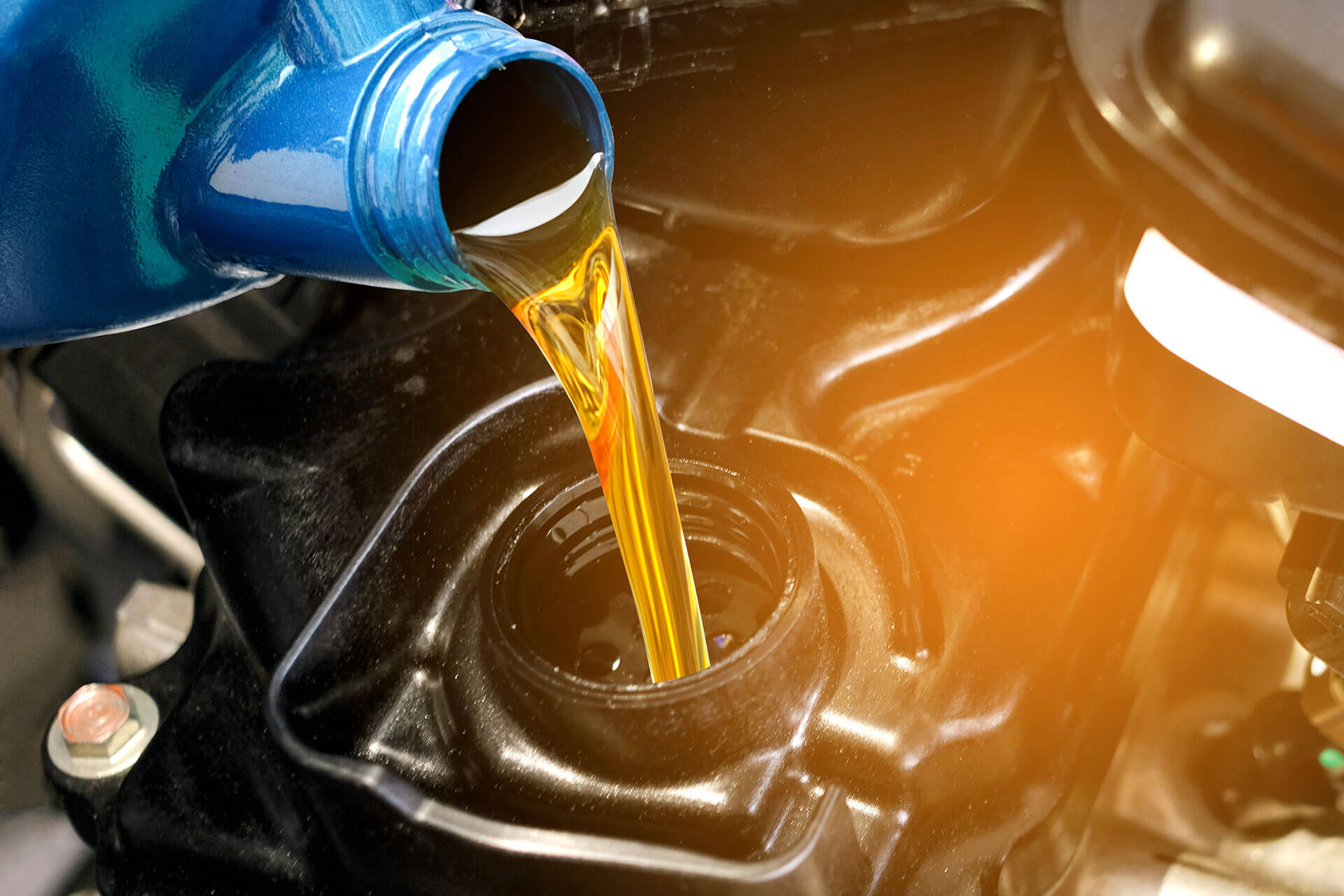At Absolute Car Care in Framingham, MA, we understand the challenges of maintaining a vehicle with high mileage. Proper engine care, especially when it comes to oil changes, is one of the most crucial aspects of extending the life and performance of your car. This guide provides essential tips and insights for high-mileage engine care, helping you ensure your car continues to run smoothly and efficiently.
Understanding High Mileage Engines
What Constitutes High Mileage?
Typically, vehicles with over 75,000 miles are considered high mileage. At this stage, engine components may start to wear down, and the engine can become more prone to leaks, deposits, and decreased performance. Proper maintenance becomes even more crucial to prevent costly repairs and extend the vehicle’s lifespan.
The Importance of Regular Oil Changes
For high-mileage engines, regular oil changes are not just routine maintenance—they are a critical investment in the longevity and health of your car. Fresh oil lubricates and protects the engine’s moving parts, helps to cool engine components, and prevents dirt and debris from causing damage.
Choosing the Right Oil for High Mileage Engines
High Mileage Motor Oil: What’s the Difference?
High-mileage motor oil is specifically designed for older engines. It contains additives that help reduce oil burn-off and emissions, improve engine performance, and protect against leaks by conditioning engine seals. These oils are typically more viscous to better coat older and worn engine parts.
Synthetic vs. Conventional: Which is Better?
While conventional oil can be suitable for some high-mileage vehicles, synthetic oil offers superior protection and performance. It is engineered to be more stable at high temperatures and under severe driving conditions, which helps it protect better and last longer. Synthetic oil is also better at cleaning the engine and preventing sludge build-up.
How Often Should You Change Your Oil?
Mileage or Time Interval: What Matters Most?
The traditional advice has been to change your oil every 3,000 miles. Still, many modern vehicles, especially synthetic ones, can go 5,000 to 7,500 miles between oil changes. However, adhering to a shorter interval for high-mileage vehicles might be beneficial. Always refer to your vehicle’s owner’s manual for specific recommendations.
Monitoring Oil Health
It’s also essential for high-mileage vehicle owners to monitor the condition of their oil between changes. Look for signs of excessive darkening or particles in the oil, which indicate contamination and can signal the need for an earlier oil change.
Step-by-Step Guide to Changing Oil in High Mileage Engines
Preparing Your Vehicle
Before starting, ensure your vehicle is on a flat surface and the engine is cooled down. Gather all necessary tools and materials, including a wrench, oil filter, new oil, funnel, and oil catch pan.
Draining Old Oil
Place your oil catch pan underneath the oil drain plug under the vehicle. Carefully remove the plug and allow the old oil to drain completely. Be cautious, as the oil may still be warm.
Replacing the Oil Filter
Once the oil has drained, replace the old oil filter with a new one. Apply a little of the new oil to the new filter’s gasket; this helps ensure a good seal.
Adding New Oil
Pour the new oil into the engine via the fill hole using a funnel. Be sure not to overfill—check your owner’s manual for the correct amount.


